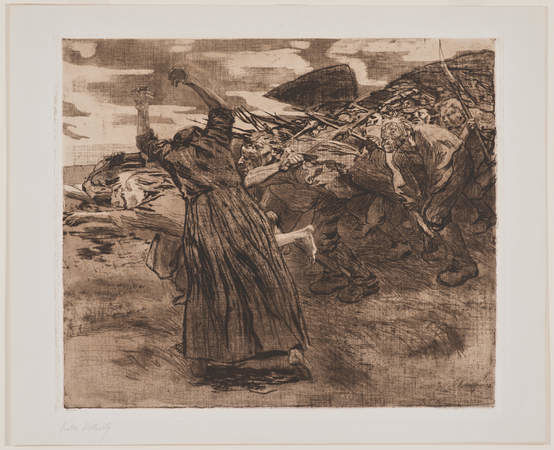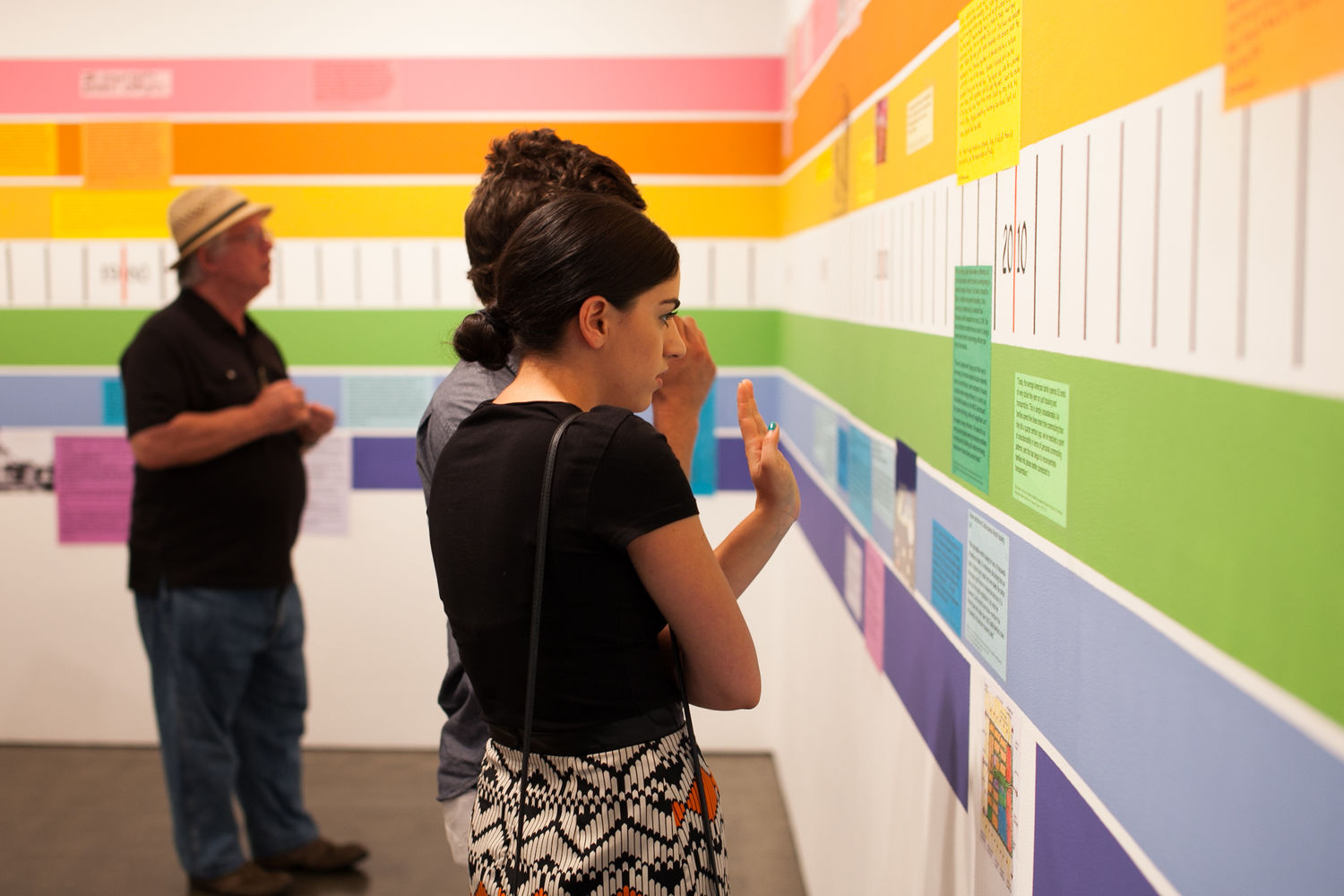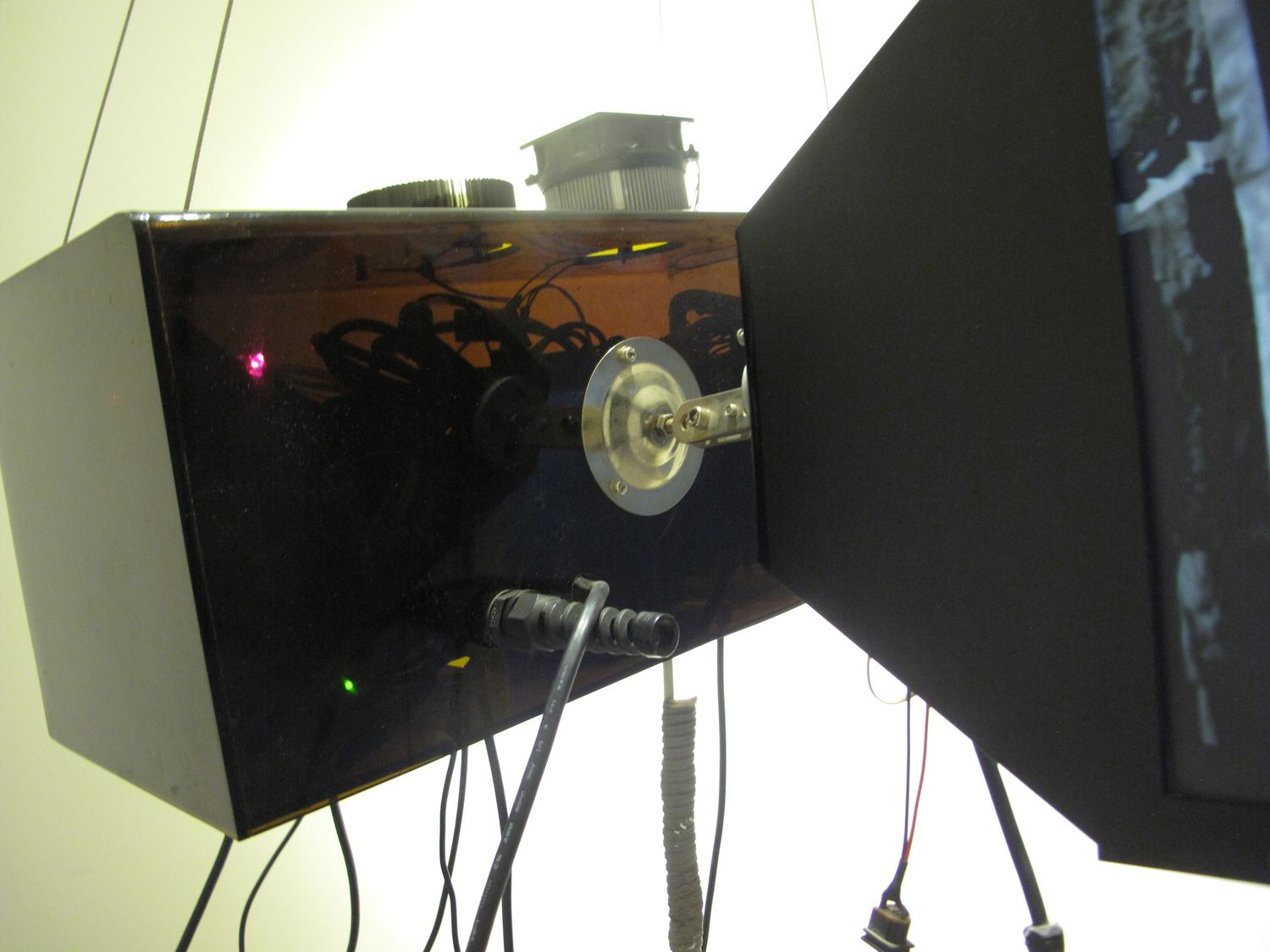
RECAP: Lunchtime Art Talk on Käthe Kollwitz
Lunchtime Art Talk: Käthe Kollwitz's Los bruch (Outbreak), 1902
with Leslie Cozzi
Hammer Curatorial Associate, Leslie Cozzi, discussed artist Käthe Kollwitz’s, Outbreak (1902) in the Vault Gallery on July 31. Kollwitz grew up in Germany in a well-to-do family who truly valued the arts. Her parents, who were intellectual leftists, enriched their children’s lives with everything from literature to music. They feared philistinism and made it their mission to steer clear of a bourgeois existence. “In fact,” Leslie told us, “she got married at seventeen and her parents were scandalized because she’d done something so conventional.”
While Kollwitz may have married early in a very bourgeois fashion, she was anything but. She wrote extensively in her diary about realism and wanting to make work that was relatable. Kollwitz was very much concerned with the plight of the proletariat and focused on suffering and the resistance to suffering in
with Leslie Cozzi
Hammer Curatorial Associate, Leslie Cozzi, discussed artist Käthe Kollwitz’s, Outbreak (1902) in the Vault Gallery on July 31. Kollwitz grew up in Germany in a well-to-do family who truly valued the arts. Her parents, who were intellectual leftists, enriched their children’s lives with everything from literature to music. They feared philistinism and made it their mission to steer clear of a bourgeois existence. “In fact,” Leslie told us, “she got married at seventeen and her parents were scandalized because she’d done something so conventional.”
While Kollwitz may have married early in a very bourgeois fashion, she was anything but. She wrote extensively in her diary about realism and wanting to make work that was relatable. Kollwitz was very much concerned with the plight of the proletariat and focused on suffering and the resistance to suffering in




